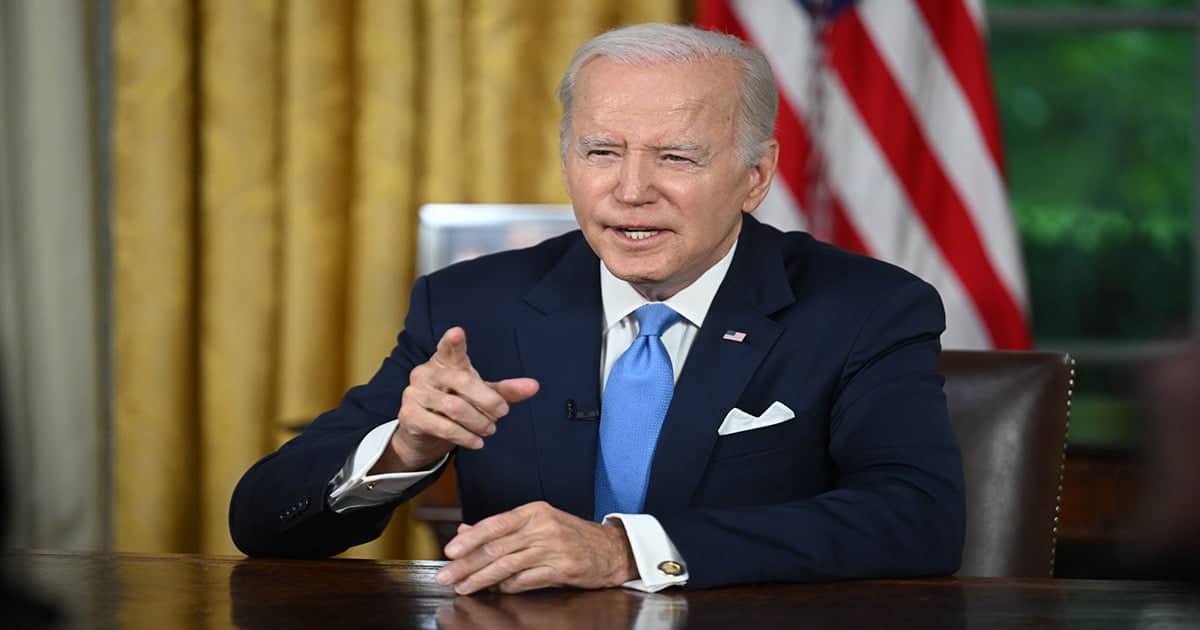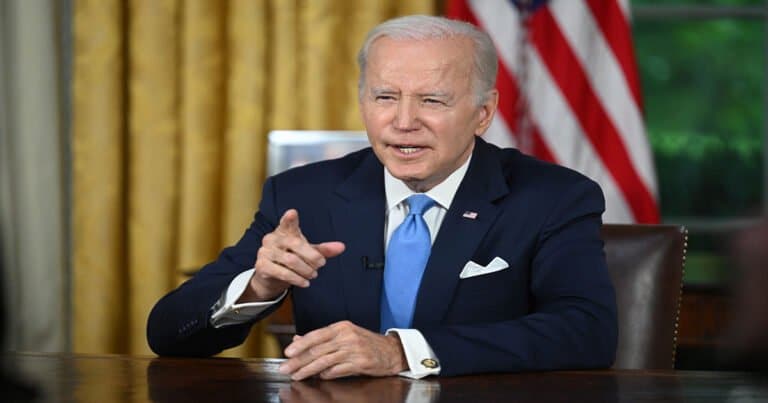The recent buzz surrounding “Biden’s alcohol policy” has brought into focus the intricate interplay between public health and personal liberties. This policy proposal, which bears a resemblance to Canada’s alcohol regulations, has sparked discussions about the equilibrium between individual choice and societal well-being. As we delve into the details of this proposal, it’s evident that finding the right balance is paramount.
Unpacking Biden’s Alcohol Policy
At the core of Biden‘s alcohol policy lies the idea of implementing a strict limitation on alcohol consumption, restricting individuals to a mere two alcoholic drinks per week. This concept forms the crux of a broader strategy crafted under the guidance of the administration’s appointed alcohol czar. The overarching aim is to address the multifaceted challenges associated with alcohol use, aligning with the principles of responsible drinking upheld by Canada.
Striking the Equilibrium: Health vs. Freedom
Supporters of the policy emphasize its potential benefits. By curbing excessive alcohol intake, they argue, there’s a potential reduction in alcohol-related health issues and accidents, which in turn could alleviate the strain on the healthcare system. Advocates envision fostering a culture of responsible drinking, where the focus shifts from quantity to quality.
However, critics raise valid concerns about potential infringements on personal freedoms. They contend that adults should have the autonomy to make decisions about alcohol consumption based on their individual circumstances. The rigidity of the proposed limitations prompts discussions about whether such policies might unfairly categorize responsible drinkers alongside those with excessive habits.
Practicality and Challenges
Central to the debate is the feasibility of enforcing a two-beer-per-week limit. Skeptics rightly question the practicality of effectively monitoring and enforcing such regulations on a large scale. Moreover, there’s concern that stringent restrictions might lead to unintended consequences, such as underground alcohol markets or even an uptick in binge drinking as individuals attempt to consume their allotted quota within a narrow timeframe.
Taking Cues from Canada’s Approach
Canada’s alcohol consumption guidelines offer a valuable benchmark for this ongoing conversation. Although not legally binding, these guidelines recommend a maximum of two standard drinks per day, with a weekly cap of 10 drinks for women, and three drinks per day, with a weekly cap of 15 drinks for men. Biden’s proposed policy takes a step further by considering a fixed weekly limit, sparking debates about its applicability within the unique sociocultural context of the United States.
Balancing Act
As the discussions around Biden’s alcohol policy continue, it exemplifies the intricate tightrope that policymakers must walk. On one hand, the policy seeks to address genuine health concerns related to excessive alcohol consumption. On the other hand, it raises questions about the extent of government intervention in shaping individual behaviors. The challenge lies in striking a harmonious balance that prioritizes public health without undermining individual agency.
The Societal Landscape and Individual Rights
Within the broader societal landscape, the question of how much influence the government should have over individual decisions looms large. The proposal of limiting alcohol intake brings to the fore the timeless debate between collective well-being and personal freedoms. While the intention to curb alcohol-related health issues is commendable, the extent to which regulations should be implemented remains a subject of intense debate.
In conclusion, “Biden’s alcohol policy” has ignited a discourse that taps into fundamental values of individual autonomy and public health. As discussions evolve, it remains to be seen whether this policy will strike a balance that satisfies both proponents of personal freedom and those who champion the greater good. In a world where health concerns and personal liberties often intersect, the challenge lies in crafting policies that stand the test of both practicality and principle. Click.





This Post Has 2 Comments
Well done
Great job on this article! The author’s perspective was quite refreshing. I found myself thinking about it long after reading. What did you all find most compelling?